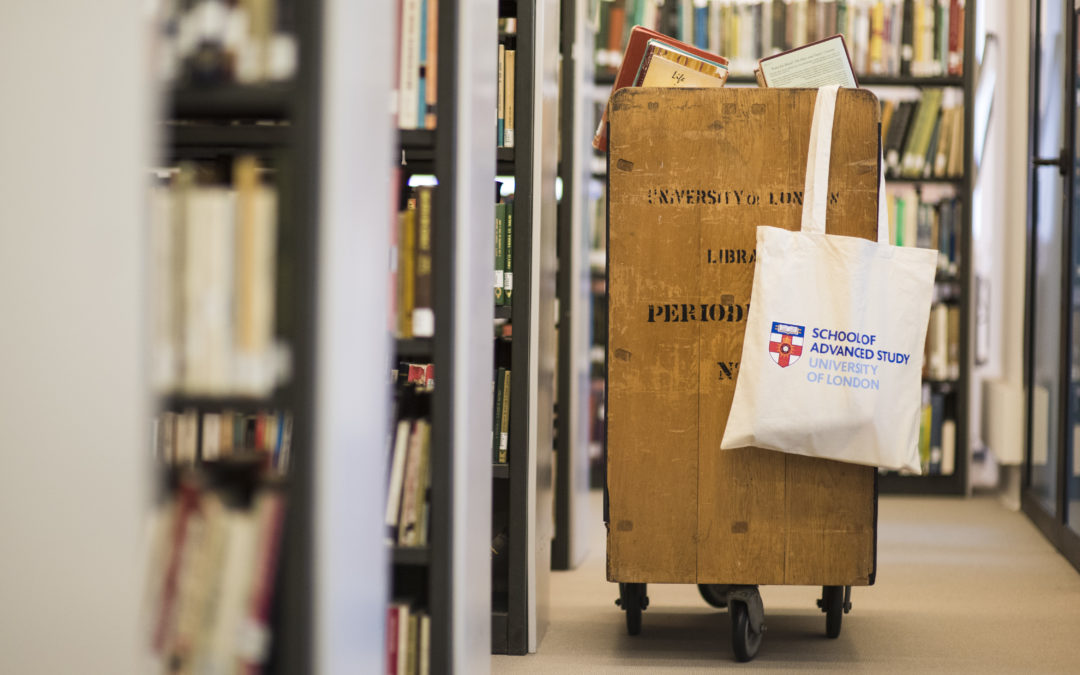Working from home is a significant theme in my research – though not as we have got to know it in 2020. For much of the nineteenth and twentieth centuries, ‘home work’ generally betokened the exploitative labour practices known as ‘sweating’. Home workers were disproportionately women, partly because regular employment might be less available to married women in particular, and partly because it could be combined with household and caring responsibilities. Home workers’ wages were usually determined by items produced rather than hours worked. This made it almost impossible to deduce an average hourly wage for many home workers whose work stretched across long days punctuated by domestic and care work.
In more recent years working from home became part of the aspiration to ‘have it all’ as cutting out a commute gave workers more time with family. During this year’s lockdowns, however, the pressures of combining home and work made it increasingly difficult to detach from either. Many early-career researchers don’t have a designated workspace or demarcated working hours, and the closures of libraries have not only limited access to source material but to quiet workspaces as well. Addressing these practical points could be a great help to early-career researchers.
Flore Janssen is a Postdoctoral Visiting Research Fellow at the IES

